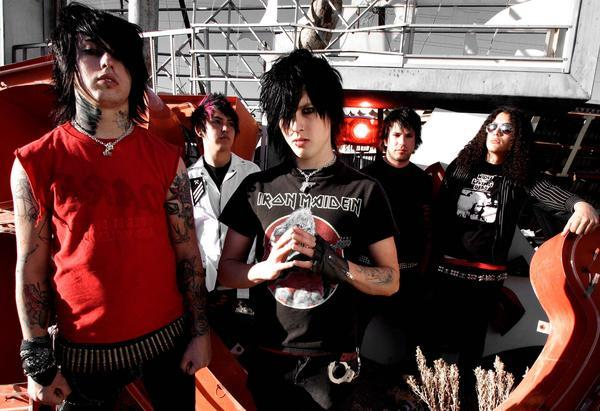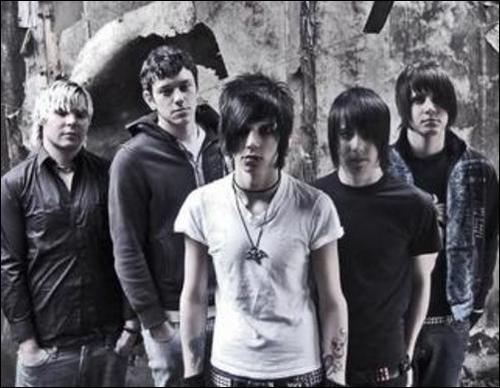Spurs vs. Hornets, Game 2
Phoenix thought it needed a huge and strong, wide-bodied player to contain Tim Duncan in the post and on offense in general. But New Orleans went the opposite way in Game 1. The Hornets matched up long and tall defenders on Duncan, with an immediate double-team when he put down a dribble towards the middle, forcing him to the baseline. The result was a 1-for-9 shooting performance with five points and two assists, and a Spurs beatdown that saw them get outscored by 23 points in the second half.
Before Game 2 Monday in New Orleans, the Spurs will revisit the way they'll attack the Hornets' defense.
I write "revisit" and not "adjust" because Duncan actually got good looks. All of the shots he missed were makeable and ones he typically hits at a high percentage. He released most of them on a very flat angle, removing most of the margin for error. A little more arc would do the trick, though Duncan is often like a machine, finishing shots that most people would miss when shooting with such a flat trajectory. Credit goes to Tyson Chandler and David West and Melvin Ely, too, who stood tall while moving to cut off Duncan's angles to the rim.
The Spurs' best action for Duncan was running a flex cut off him (a baseline cut using him as a screener) with him shaping up inside after his teammate cleared. It looks like Duncan could have been a little more greedy, trying to take up space closer to the rim. Look for that in Game 2 and beyond.
The Spurs also might look for him to catch the ball in the pinch-post area, with a side cleared for him or Manu Ginobili/Tony Parker on the wing of the same side. That gives Duncan an option to drive and score, with more space to operate and the ability to see the double-team coming. When that double comes, he'll have the easy kick-out to one of the Spurs' two best perimeter players.
The Hornets' aim from the opening tip was to force Bruce Bowen or Michael Finley to make shots. It's not an original thought when playing the Spurs, but their execution was far better than most teams have been able to achieve. They ran nearside help to Parker or Ginobili on ball screens very quickly, but more importantly, had their other defenders anticipate the likely target for the next pass and leave early to get there. The same goes for their blitzes inside against Duncan. Flying out hot on the two star guards meant open shots for Bowen and Finley, who rarely shot the ball in the first round. (Bowen took just 12 shots; Finley, 30, in the five games.) They finished Game 1 a combined 10-for-21, 8-for-18 from the 3.
Strong performances indeed, but they're just what the Hornets wanted. Keeping the Spurs on the perimeter helps protect New Orleans' big men from foul trouble (Chandler finished with two fouls, while West had none) and saps the Spurs' offense from getting real rhythm that comes off Ginobili and Parker slicing drives. Earlier attacks in their half-court sets will give the Spurs time to reverse the ball out of blitzes and help situations. It also will get the ball back in the hands of their big three, and more importantly to Duncan. If the Hornets maintain proper spacing in these situations, it means that help defenders will have farther to travel to double Duncan late in the possession.
San Antonio's problems are not limited to Duncan being bottled up on offense. It got killed on the offensive glass on Saturday -- giving up 16 boards on that end, with Chandler grabbing six alone. New Orleans kept this domination by staying active and batting San Antonio out front.
The Hornets are the more athletic and lively team, so it is imperative for the Spurs to devote five guys to the glass in Game 2. This might slow the Spurs' transition game, one of the areas at which they were effective in Game 1, but it will be better to forfeit that than give up easy buckets inside.
In Game 1, the best power forward on the floor, by a wide margin, was West. Though Kurt Thomas did fine defending him, West overwhelmed both Fabricio Oberto and Robert Horry when they were matched up. West backed his way in for buckets or faced up and went to his skill game. Little help was offered, because the Spurs figured they could not afford to play three-on-four when Chris Paul was on the floor -- he'd shred them. But West did the shredding himself, forcing coach Gregg Popovich to have to change schemes for Game 2. He could allow Duncan to defend West on more possessions, but that might get Duncan in foul trouble. Plus, if Popovich did that matchup, he would be forced to put Thomas against the far more athletic Chandler, or he could double, or at least surround, West, and then recover back quickly. But in those situations, Paul would be very tough to stop.
There is a reason New Orleans was one of the league's top teams all season, and this is one of the biggest: They have two All-Stars who demand lots of attention from a defense, and one can shine if the other is being shaded too heavily. And San Antonio can't forget about Peja Stojakovic, who killed from deep (2-for-4 from 3) and backed in or faced up every defender, having no difficulty shooting over his smaller opponents. San Antonio likely will try different modes of defense to keep New Orleans from any kind of rhythm, so the Hornets should expect to feature different players offensively, based on what the defense dictates. Unfortunately for the Spurs, the Hornets are good enough to handle that.
As I wrote in the series preview, I think the Hornets are the better team, but the question was, and is, Can they play this good under late-game pressure? Having enough of a margin heading into the four-minute mark is a huge help, as Phoenix discovered with late and tight games favoring the defending champs. I expect much better performances from Duncan and Parker (five turnovers), but New Orleans has the look of an extremely confident team at home. Paul only had 17 points and 13 rebounds, so a breakout 30-plus game for him in Game 2 is probable considering the attention West will get. If not Paul, then perhaps Stojakovic will have a big night. The Hornets have too many weapons for the Spurs to solve. So far.






















No comments:
Post a Comment